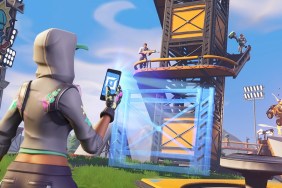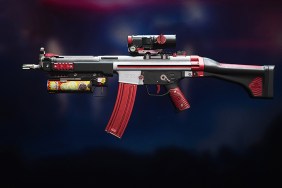Ubisoft is often criticized for how similar many of its games feel, which all came to a head when Ghost Recon: Breakpoint bombed last year. Instead of continuing down that downward trajectory, the company said it was going to focus on “differentiation factors” (from GamesIndustry.biz) and delayed a few of its titles in…

Atlas is an action-rpg with rogue-like elements where you use your ability to control the ground to fight the enemies and move through procedurally generated worlds.










